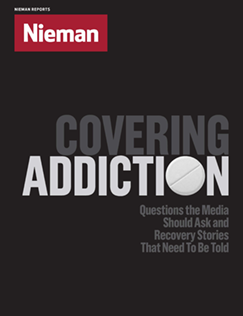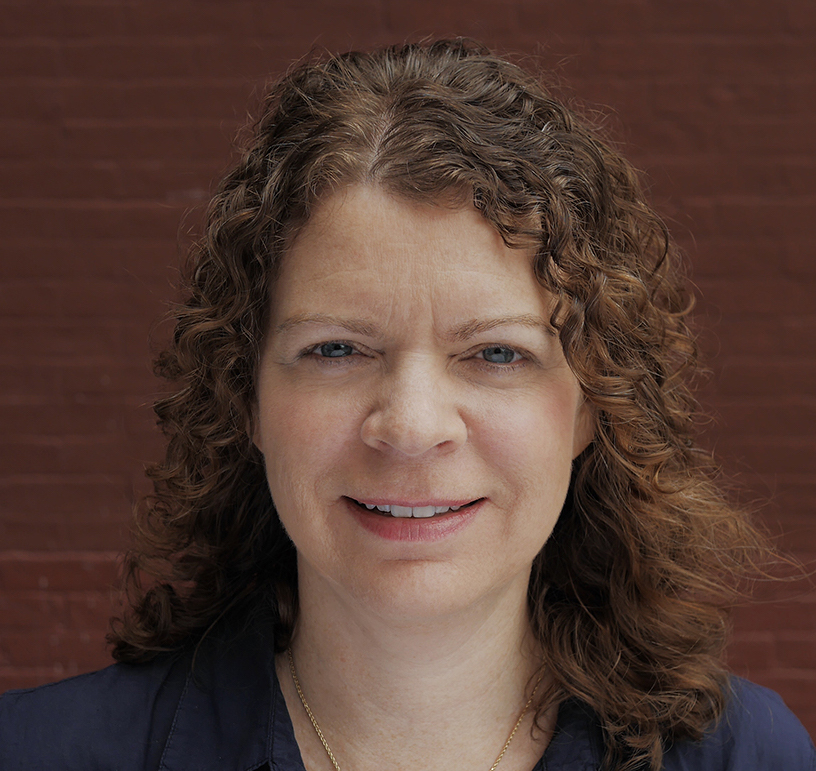You don’t have to go too far back in time to find the word “junkie” used to refer to someone who injects heroin, even by outlets that steer clear of that word in some contexts now. And in a profession full of self-described “news junkies,” the j-word has become a stand-in for people with all sorts of obsessive habits.
But a more vocal movement by people in recovery has started to spark some changes on the language front. Last May, the Associated Press released its 2017 Stylebook with updated entries on drugs and addiction and a new entry on opiates and opioids, recommending alternatives to some stigmatizing terms. The guidelines suggest avoiding words like “alcoholic,” “addict,” “user” and “abuser,” unless they appear in quotes or the names of journals or organizations—like the National Institute on Drug Abuse. So instead of “heroin addicts,” the AP recommends “people with heroin addiction,” or “heavy drug use” rather than “drug problem.”
Felice Freyer, a health care reporter for The Boston Globe, says she was prompted to write about this issue in early 2016 because of notes she was getting from readers saying terms like “substance abuse” and “addict” contributed to the shame and stigma surrounding addiction. That feedback, along with input from Michael Botticelli, former director of the Office of National Drug Control Policy, who issued a memo to federal agencies before he left office in January titled “Changing the Language of Addiction,” persuaded her to reconsider the terms she uses in her articles—though so far, The Boston Globe hasn’t updated its policy.
“First of all, there was disagreement even among the experts I spoke to over which words were anathema and which were OK,” Freyer says. “And then there’s the practical matter of headline writing and writing sentences that are clear and have meaning for the public.” For instance, “substance use disorder” is grounded in the language of a medical diagnosis, but it’s not widely used by those outside the treatment field. And many people who attend Alcoholics Anonymous meetings still use the terms “addict” and “alcoholic” themselves.
“To this day, when I use the phrase ‘substance use disorder,’ an editor will often change it to ‘substance abuse’ because people don’t know what that is,” Freyer explains. “For us as journalists, we have to serve our readers first and we can’t use terms that don’t have meaning for them or aren’t clear.”
Even so, she says the AP Stylebook changes motivated her to pay more attention to word choice when writing about addiction: “It sort of emboldened me to work better terminology into my stories. If there’s a way I can write a meaningful and not awkward sentence without using the word ‘addict’ I will.”



